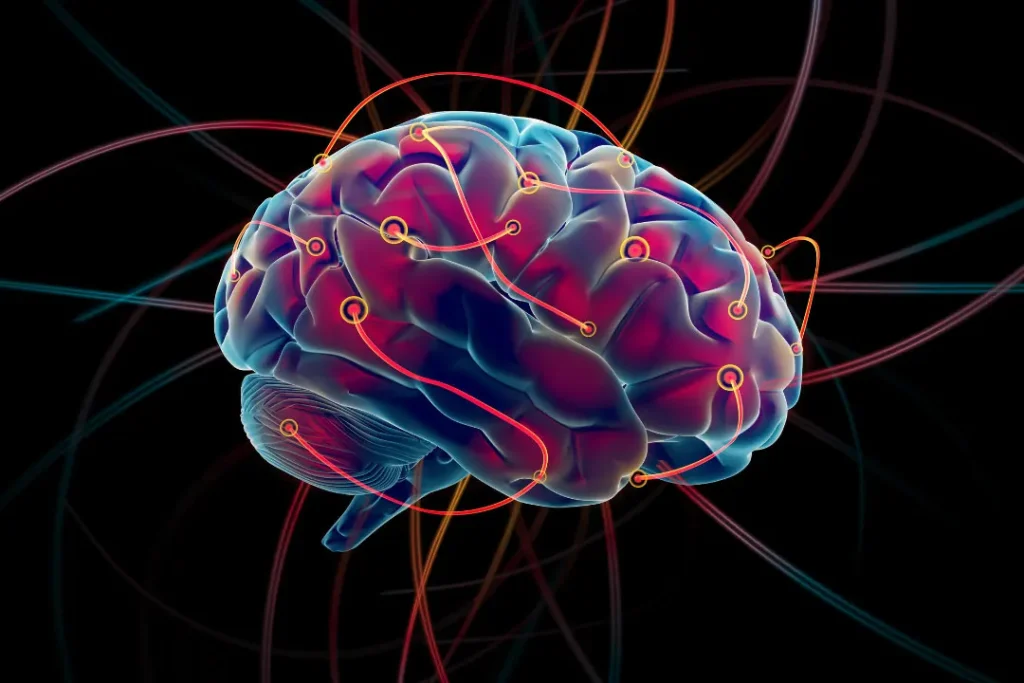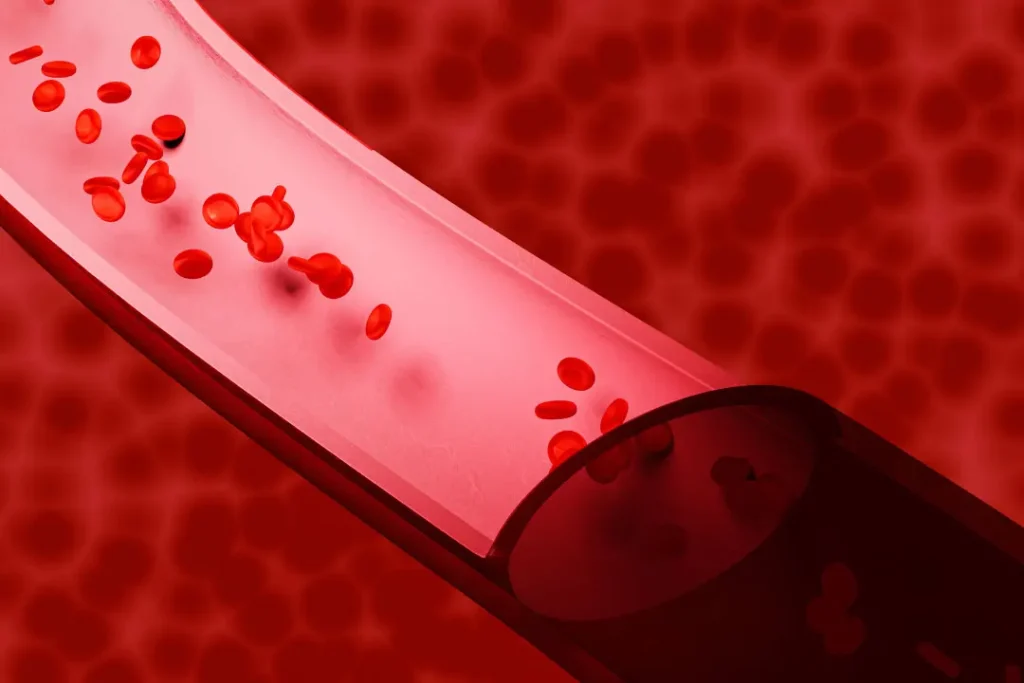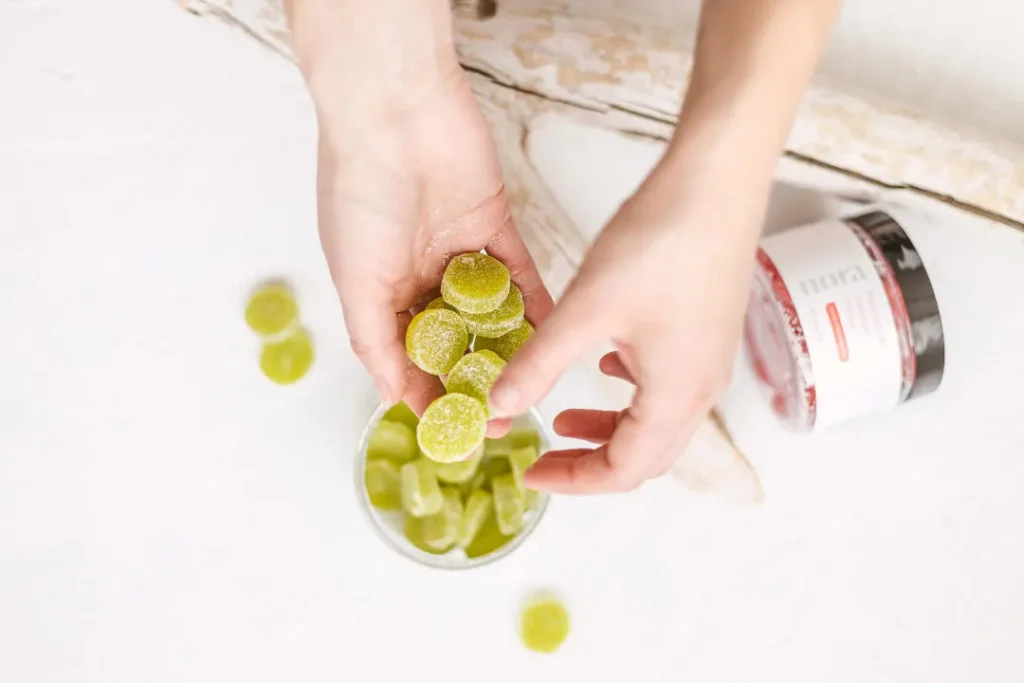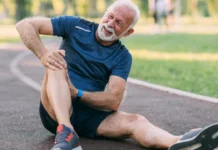CBD has become a post-workout recovery staple among athletes and fitness enthusiasts alike. It’s no surprise why: CBD can speed up muscle recovery, ease soreness, and reduce downtime. Take your fitness to the next level with the massive benefits of CBD for recovery.
There is an oft-mentioned corollary to “gains” when it comes to exercise, and that is “pain.” It’s well-known that rigorous exercise leaves muscles riddled with micro-tears, which, while they may be painful or sore in the moment, are important long term: During this “painful” process, your body heals and increases muscle mass. After a workout, nutrients and blood congregate around the tears, stimulating protein synthesis, where muscles are repaired and strengthened.
In turn, the umbrella process by which your body adapts to micro-tears in order to increase muscle mass is called muscular hypertrophy. Repeatedly challenging your muscles causes them to adapt to strain and pain, and grow back bigger and better. Post-workout recovery is consequently vital: Just as you push yourself to the limit, you should also allow yourself to heal properly and come back stronger. You might be wondering how to help supplement the healing process. Keep reading to learn more about an increasingly promising and popular option: cannabidiol (CBD).
You May Also Like:
Emotional Damage Energy Drink Reviews and Comparisons
Best Men’s Supplements: BrainLuxury, NutriRise, Frog Fuel, and Kori Krill Oil…
CBD for Recovery and Relief: 3 Massive Post-Workout Benefits is an original (HisHealthMag) article.
CBD for recovery:
Relieving pain
CBD is a non-psychotropic hemp derivative that is the “cousin” of marijuana, meaning it “does not cause a ‘high’ by itself.” It has been widely touted for its therapeutic versatility, from use as a general wellness enhancer to treatment for both physical and mental ailments. There is also exciting research into CBD’s effectiveness in supporting the body’s endocannabinoid system (ECS). The ECS, according to Harvard Health, “is critical for almost every aspect of our moment-to-moment functioning” and “comprises a vast network of chemical signals and cellular receptors that are densely packed throughout our brains and bodies.” It contains cannabinoid and endocannabinoid receptors, and with the aid of CBD may help maintain the body’s homeostasis.
When it comes to treating pain with CBD, research is promising, but more studies indicating a direct relationship between CBD and pain are needed. Researchers believe that CBD may help by targeting the ECS’s endocannabinoid receptors and interacting with neurotransmitters, both of which regulate functions like pain sensation. In a 2021 clinical trial studying CBD’s effectiveness in treating chronic pain, a majority of participants reported that CBD “helped their pain.” Naturally, CBD’s pain-relief promise lends itself well to treating workout pains. By interacting with the ECS, CBD may help you better endure the pains of hypertrophy. Indeed, athletes competing in intensive contact sports, like rugby, have reported in a 2020 study that CBD use improved pain relief after game time.

CBD for recovery:
Reducing inflammation
Research is still nascent, but there are also promising positive effects of CBD on reducing inflammation. This too occurs through its interaction with the ECS. CBD may help increase endocannabinoid signaling, which, in turn, increases the effectiveness of your cannabinoid receptors to help regulate your cytokines and reduce inflammation levels in the body. In general, it’s well known that “exercise leads to a robust inflammatory response.” This is part of the healing process, as blood flow is increased to affected areas in order to replenish oxygen levels, remove waste, and repair muscle tissue.
Reducing inflammation can help ameliorate and fine-tune this process; the less inflammation, the quicker and more efficiently your body heals and grows post-workout. Indeed, recent scholarship finds “it is now generally accepted that inflammatory responses, if tightly regulated, are integral to muscle repair and regeneration.” CBD can help maintain that tight regulation.

CBD for recovery:
Muscle recovery
CBD may benefit muscle recovery in several ways. Its pain relief and anti-inflammatory properties help augment the processes of protein synthesis and hypertrophy. Through its interactions with the ECS, CBD relaxes muscles, controls pain signals, regulates inflammation, and helps induce growth and healing processes. In a secondary yet still significant manner, CBD also helps induce sleep, which is crucial for the healing process.
The restorative benefits of sleep are widely known, and many of the body’s functions, including “muscle repair, tissue growth, and protein synthesis” all “occur primarily during sleep.” What happens is, in the deeper stages of sleep more blood flows to your muscles, and with that comes more oxygen and nutrients needed to induce healing and growth. So with CBD, you are giving your body the time it needs to facilitate the necessary processes for healing and increasing mass muscle.

CBD for recovery:
Joy Organics’ CBD Sports Cream is a premier option for your post-workout recovery
If you’re looking to take advantage of the ameliorative properties CBD has when it comes to the post-workout recovery process, you have many options. Joy Organics’ CBD Sports Cream offers a top-of-the-line vegan cream that is a blend of 1000 mg of Joy Organics’ premium CBD, menthol, and camphor designed “to provide deep and fast-acting benefits for joints and muscles.” The CBD included in the Sports Cream is made from broad-spectrum CBD, meaning while all THC is removed, the naturally-occurring hemp additives such as terpenes, cannabinoids, and other compounds remain in the final product.
In fact, Joy Organics proudly states that there is “no detectable (0.0)% THC” in their broad-spectrum CBD, as they use a USDA organic-certified chromatography procedure to remove the THC, with a secondary proprietary nanoemulsion processing step to further increase CBD purity and effectiveness. They include analysis and third-party testing results to demonstrate the effects of these purifying processes.
Broad-spectrum blends are exciting because they’ve shown promise in interacting with the ECS and facilitating muscle recovery. Joy Organics pairs this with the additional ingredients of menthol, which may help cool and soothe muscles during recovery, and camphor, which may help treat muscular aches while stimulating sensory circulation.
Working synergistically, these ingredients complement CBD’s muscle recovery abilities to induce “soothing and cooling effects for immediate relief.” Joy Organics’ CBD Sports Cream’s effectiveness is two-fold: it supports muscle recovery and relieves tension. It can be applied before, during, or after workouts to help make your recovery process as smooth and effective as possible. As Joy Organics co-founder, Joy Smith, notes, “CBD is such an easy supplement to work into your regimen.”

CBD for recovery:
Recovery now and forever
Whether you’re looking to ease post-workout pain or help support muscle growth, it’s important that you focus on the “healing” side of the workout coin. You certainly want to encourage gains, but not at the expense of your comfort post-workout. Growth comes with patience and a far-sighted consideration of long-term health. Give your body the time and resources it needs to come back better than ever.
Further Reading for Additional Reference:
Men’s Health: Considering CBD for Muscle Recovery? Here’s What You Need to Know
NLM: Potential Role of Cannabidiol on Sports Recovery: A Narrative Review
CNET: Can CBD improve your workout performance? It’s complicated
Harvard Health Publishing: Can cannabis help relieve pain?
Important Note: The information contained in this article is for general informational purposes only, and should not be construed as health or medical advice, nor is it intended to diagnose, prevent, treat, or cure any disease or health condition. Before embarking on any diet, fitness regimen, or program of nutritional supplementation, it is advisable to consult your healthcare professional in order to determine its safety and probable efficacy in terms of your individual state of health.
Regarding Nutritional Supplements Or Other Non-Prescription Health Products: If any nutritional supplements or other non-prescription health products are mentioned in the foregoing article, any claims or statements made about them have not been evaluated by the U.S. Food and Drug Administration, and such nutritional supplements or other health products are not intended to diagnose, treat, cure, or prevent any disease.





